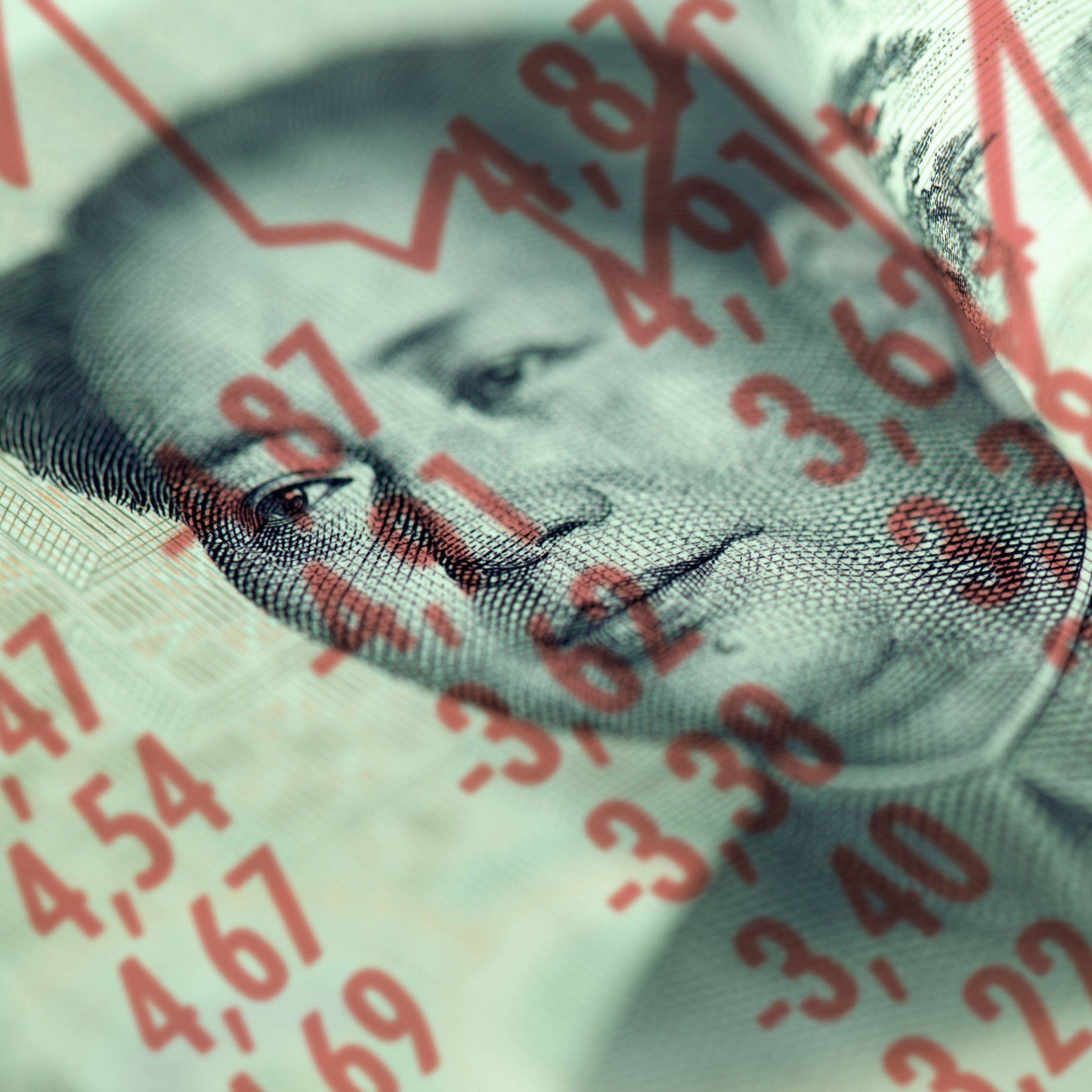Xi Jinping’s new economic blueprint aims to resuscitate China’s dull retail and real estate markets using strategic inducements. China’s underwhelming retail revenue figures point towards the loss of consumer confidence in the market. However, China’s revised economic policy will usher in Xi Jinping’s long-awaited tech-driven growth. China’s tech exports and investments in the sector have allowed it to maintain a targeted pace of 5%.
Though China’s exports account for a significant chunk of its growth, its penetration into key Western markets such as the US and Europe has invited stringent protectionism. Republican running mate, JD Vance, has accused China’s resilient manufacturing sector of stealing American jobs. Former President Trump has threatened to impose import tariffs as high as 60% on Chinese imports to deter their presence in the US market. Yet, Xi’s China remains focused on harnessing its tech sector through strategic investments in advanced computer chips.
Exclusive analysis from Bloomberg Economics forecasts the hi-tech sector will account for 19% of gross domestic product by 2026, up from 11% in 2018. Combining what Beijing has dubbed the “new three”—EVs, batteries, and solar panels—the proportion of GDP swells to 23% of GDP by 2026, more than enough to fill the void from the ailing real estate sector, which is set to shrink from 24% to 16%.
China’s focus on sustainability has led to coal- and steel-run cities like Xuzhou becoming emerging hubs for the production of polysilicon, a key material for making solar panels. GCL Technology, the world’s second-largest maker of polysilicon, has aided in the creation of over 5,000 jobs and fostered more than 450 suppliers in Xuzhou in the past five years, becoming a key driver of the local green industry.
At present, China is plagued with threatening levels of youth unemployment, a crippled property sector, and aggressive sector-wise price wars that claw into companies’ revenues. Taking the World Bank and the International Monetary Fund’s recommendations into consideration, Xi’s administration’s increased supply of higher-end products will stimulate consumers’ desire to own them, while the higher salaries paid to make those products will provide workers with the means to buy them.






